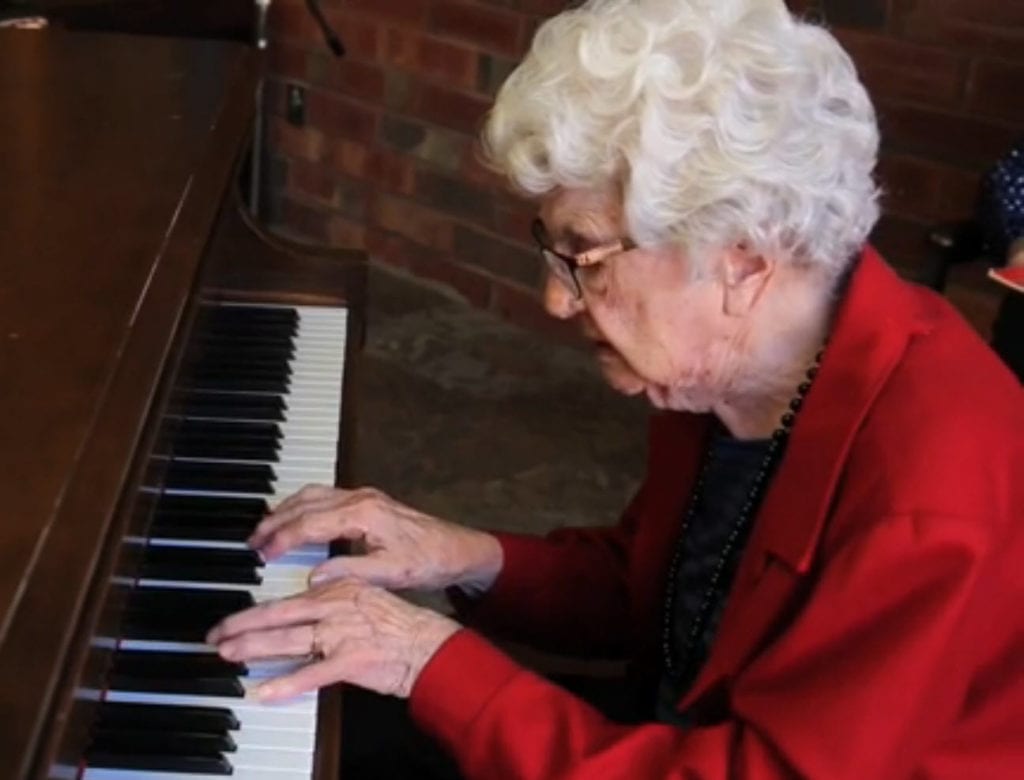 Music is a beautiful thing. You hear people say it, you listen to it, you watch it evolve over time, and you experience and observe others learning it.
Music is a beautiful thing. You hear people say it, you listen to it, you watch it evolve over time, and you experience and observe others learning it.
While the human brain is also an incredibly beautiful thing, one whom learns or self-teachers how to play an instrument, especially the paino, is all the more plentiful in skill, patience, and wisdom.
Utilizing not only hand-eye-coordination, but a willingness to conform your body to moves, measures, and beats that it otherwise would never be exposed to; here lies the beauty of what makes a musician.
“Modern” Pianists
A lot of people think that a musical-instrument that’s best learned at an adolescent age, primal to any other time period. While it’s proven by science and human development that children are most perceptive to such dynamics as children—including learning foreign languages—this doesn’t mean it will be the case for every individual.
Ruth Neitzel is actually a 100-year old prime example of such an instance, starting the piano at a mere 12 years old, yet continually playing throughout her entire lifetime—to date!
An outlet to Love, Despair, and Development
Many people play many different instruments—sometimes more than one—for many different reasons. With that out of the way, it’s significant to consider the unique personality, energy, and efforts (including long hours) that are required to learn, practice, and proficiently study an instrument—especially one as large as the piano.
From the great Ludwig van Beethoven to Johann Sebastian Bach, musical composers—especially pianists—have always shown an added-sense or touch of personality, unique moods, creativity, and imagination when producing passion and expressing themselves through playing the piano.
What the World Expects
In today’s modern world, most people on average—especially in western culture—don’t expect a life expectancy to surpass averaging 70 for men, or 80 for females. Although dependent upon country, these ages are more or less fairly consistent in reflecting the ‘median’ mortality rate across the globe.
When you look at someone like Ruth Neitzel, 100 years old still playing the piano, you can appreciate the characteristics of a true professional, musician, and one whom plays with a passion, to please others, and find content or comfort in one’s self through doing so.
No matter what the original purpose of learning an instrument is, no matter how big or small you or the piece is, why and how you play it—as well as study—will all truly be the determining factors in the end for proficiency, success, and happiness with your instrument and music!
If someone like Ruth Neitzel can play the piano for the sake of expressing her past, current, and future goals and achievements, hardships and losses—then there’s no reason why we cannot do the same, should our heart and spirit truly match our purpose.
Although now living in a Lutheran Assisted-Care home, Ms. Neitzel still continues to, and likely will play the piano until her very last days. That is, even with a loss of eyesight, her ears remain wide-open to conceptualizing the tunes she feels and hears, flowing from her brain, to her fingers, and into the keys in which she plays for all to hear.
Image credit: www.jsonline.com